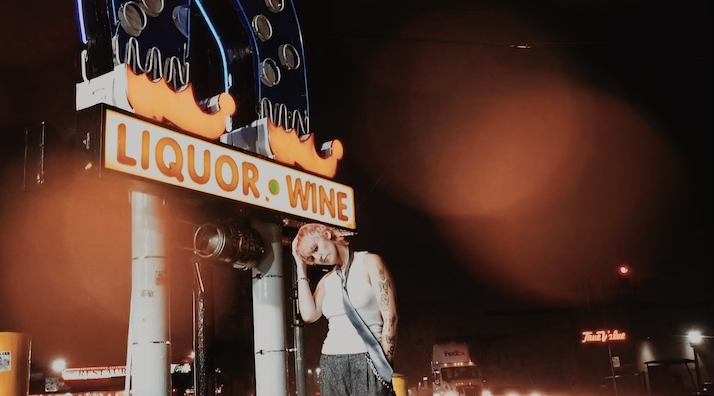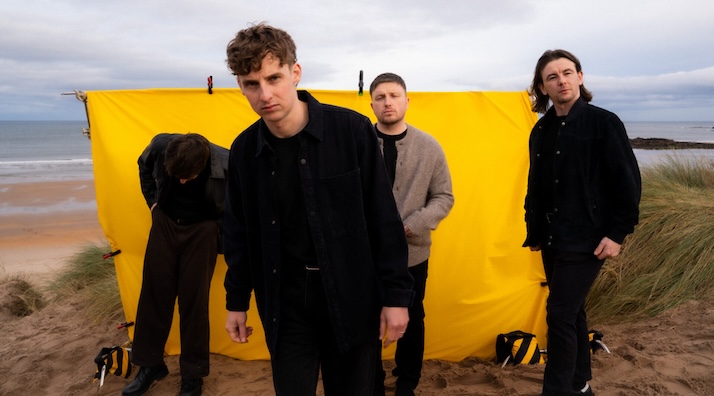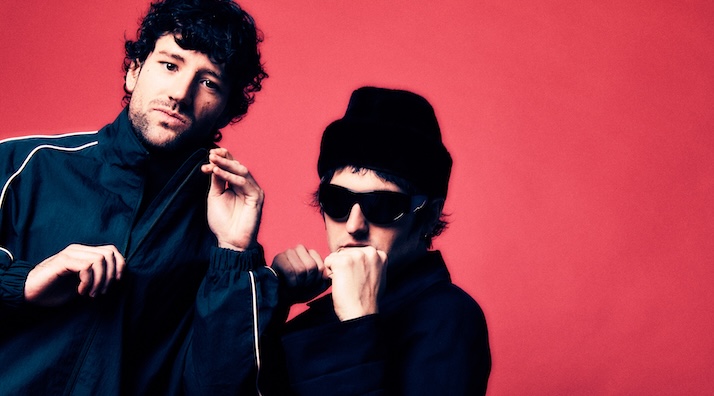Jules Paymer and Miki Ratsula Teams Up For the Vulnerable "The Daughter That My Mother Wanted"
 Jules Paymer and Miki Ratsula have finally paired up for a long-awaited collab on “The Daughter That My Mother Wanted”, and, damn – it’s a heart wrencher.
Jules Paymer and Miki Ratsula have finally paired up for a long-awaited collab on “The Daughter That My Mother Wanted”, and, damn – it’s a heart wrencher.
The two artists have independently cultivated fan bases on social media through their advocacy for the LGBTQ+ community, as well as their raw songwriting styles. Through their indie-pop hooks and genuine lyricism, they tell the often-untold stories of the hardships and beauty of queerness.
“The Daughter That My Mother Wanted” depicts this dichotomy – in both arrangement and narrative. The vocal stacks are expansive, blanketed with as many layers of emotion as there are harmonies. While Ratsula whispers a harmony full of rich low tones, Paymer soars on a higher siren of a cry, the two voices melting into one other flawlessly.
If you’ve never felt like a stranger in your own skin, it may be hard to fully picture the isolation and grief Ratsula and Paymer recount in “The Daughter That My Mother Wanted”. To combat this, the artists have released an accompanying music video that portrays the non-binary experience with an admirable and accessible rawness. It invites us into a suburban home, where “TDTMMW” is delivered to us by adolescent depictions of Paymer and Ratsula coping with their sense of self. We're able to witness the artists mourn these versions of themselves, while simultaneously celebrating the way they’ve grown into their true selves.
Paymer and Ratsula bare these intimate pieces of their souls for those who see themselves reflected in this music video, but also for their own visibility. Jules confides, "Miki and I have the unfortunate kind of privilege of understanding each other that allows a song like this to exist... to both be on this difficult journey of not only being non-binary, but also making room for ourselves in the music industry where room was never made, is an incredible thing.”
“The Daughter That My Mother Wanted” tells a significant story for the LGBTQ+ community, putting a soundtrack to a feeling so many share in. Additionally, it’s a lilting collaboration between Jules Paymer and Miki Ratsula, and a charming look into the artists’ year of releases.


![Inside Ally Evenson’s “SPEED KILLS” Short Film Debut at Brain Dead Studios [Q&A]](https://s3-us-west-2.amazonaws.com/onestowatch-v2/save_vid._net_637196595_18565097563019473_4760615889967315430_n-1771618679.jpg)
